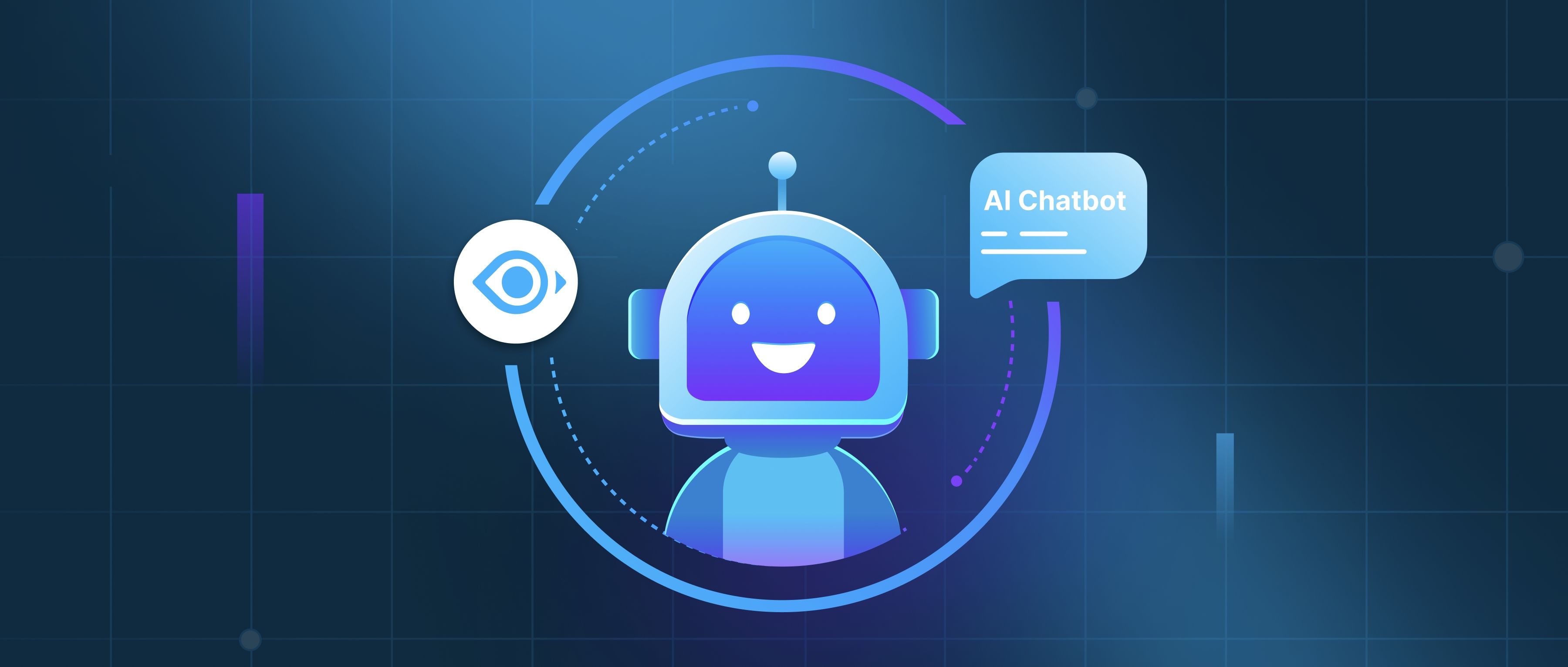AutoML, or Automated Machine Learning, is increasingly being applied in healthcare to streamline the development and deployment of predictive models. This technology automates the process of selecting algorithms, tuning parameters, and validating models, making it easier for healthcare professionals and developers to create effective models without requiring deep expertise in machine learning. AutoML can help in various areas such as patient risk assessment, disease prediction, and personalized treatment plans, allowing healthcare providers to offer more precise care based on data-driven insights.
One practical application of AutoML in healthcare is in predicting patient outcomes. For instance, hospitals can utilize AutoML to analyze patient data and identify individuals at high risk for conditions like readmission after surgery. By processing large datasets of historical patient records, AutoML can quickly find patterns that indicate who is most likely to experience complications. This allows healthcare teams to focus their resources on high-risk patients proactively, improving patient care and potentially reducing costs associated with unexpected readmissions.
Another area where AutoML is making an impact is in the analysis of medical imaging. By automating the training of machine learning models to interpret images such as X-rays or MRIs, developers can enhance diagnostic accuracy. For example, AutoML can be used to train models to detect early signs of diseases like cancer, enabling radiologists to make more informed decisions. This not only speeds up the diagnostic process but also helps ensure that patients receive timely treatment. Overall, AutoML serves as a powerful tool that enhances efficiency and improves outcomes in the healthcare sector.
